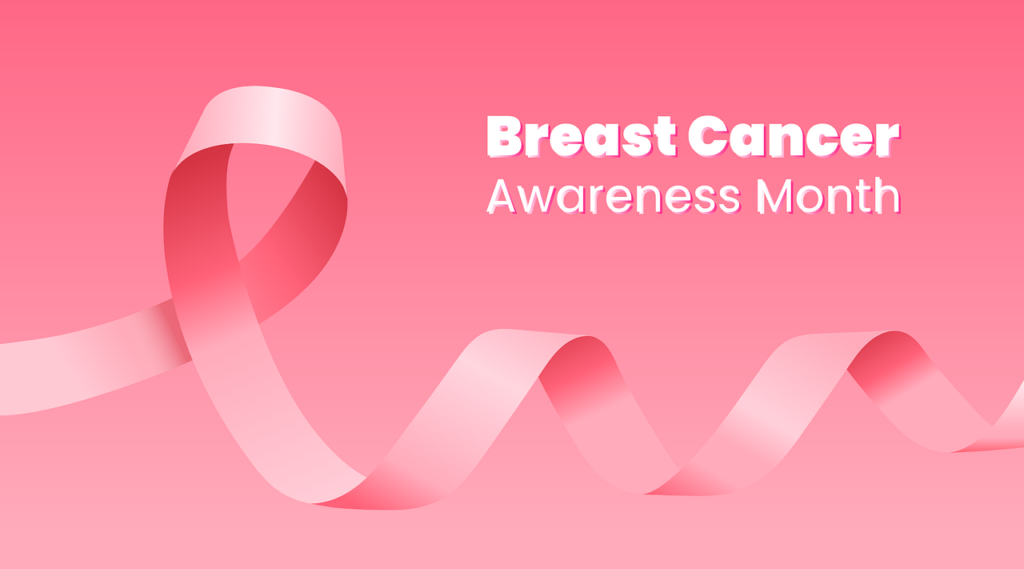
Image by Satheesh Sankaran from Pixabay
Episode Summary
October is Breast Cancer Awareness Month, and I am joined by Preeti Sudheendra, MD, to discuss lifestyle interventions in high-risk breast cancer prevention. Dr. Sudheendra specializes in seeing patients who are predisposed to developing breast cancer due to genetics or other factors. Her extensive knowledge on how diet, physical activity, and alcohol intake can decrease cancer occurrence offers fascinating insight into lifestyle’s impact on health.
“The risk numbers we look at are short term risk, which is the risk of developing breast cancer within the next five years, and then someone’s lifetime risk of developing breast cancer.”
Dr. Sudheendra uses risk model calculators to assess the likelihood of a patient developing breast cancer based on family history and genetic testing. Dr. Sudheendra can then determine a patient’s recommended screening frequency and potential medication plans. In the meantime, she also consults possible lifestyle habits that could further prevent breast cancer development.
“Most women diagnosed [with breast cancer] are post-menopausal. The average age in the United States for a diagnosis is around 61.”
Dr. Sudheendra explains that the risk of developing breast cancer increases after menopause because estrogen production shifts from the ovaries to adipose, or fatty, tissue. About 70 to 80% of all breast cancer risks are estrogen-driven, so if a greater amount of adipose tissue is present, then the patient has a greater risk of developing breast cancer cells.
Regular exercise and plant-based diets can reduce this risk, and some studies suggest that these behaviors can lead to even more preventative effects, such as lowered insulin-like growth factor levels and decreased inflammation.
“Women can feel helpless, [like] ‘There’s nothing I can do about it.’ But I think it’s really important to keep in mind that a lot of the risk factors are modifiable.”
Listen to the full episode to learn the science behind how breast cancer is diagnosed, which patients are considered “high-risk,” and how modifiable factors like red meat consumption and alcohol intake can contribute to risk.
Here are the details of our conversation:
[00:01:04] Identifying and assessing high-risk breast cancer patients
[00:03:20] Breast cancer in male patients
[00:04:18] Developing plans for high-risk patients
[00:05:24] Medications for risk reduction and their side effects
[00:07:16] The AICR’s recommended lifestyle interventions
[00:07:59] “Teasing apart” weight vs. BMI
[00:09:29] Plant-based diet recommendations
[00:10:20] Types, intensities, and lengths of exercise for prevention
[00:12:54] Breast cancer in adipose tissue and the effect of diet and exercise
[00:15:26] Measuring “success” in prevention
[00:17:29] Risk reduction through physical activity
[00:20:30] Alcohol intake and cancer risk
[00:21:49] Red meat increasing multiple cancer risks
[00:22:10] Intermittent fasting and other diet studies
[00:23:32] Awareness of family history and the challenges of testing
[00:25:19] Modifiable risks
[00:26:20] Misconceptions around soy and estrogen
Episode Notes
Preeti Sudheendra, MD, is a breast cancer medical oncologist at Ohio State/The James Cancer Hospital and has been in practice for almost 15 years. She also has an expertise in seeing patients who may be at high risk for developing breast cancer in the future due to genetic or other predispositions. Dr. Sudheendra has been involved with the American College of Lifestyle Medicine since 2022 and is the incoming co-chair for the ACLM Breast Cancer Subcommittee.
Links: